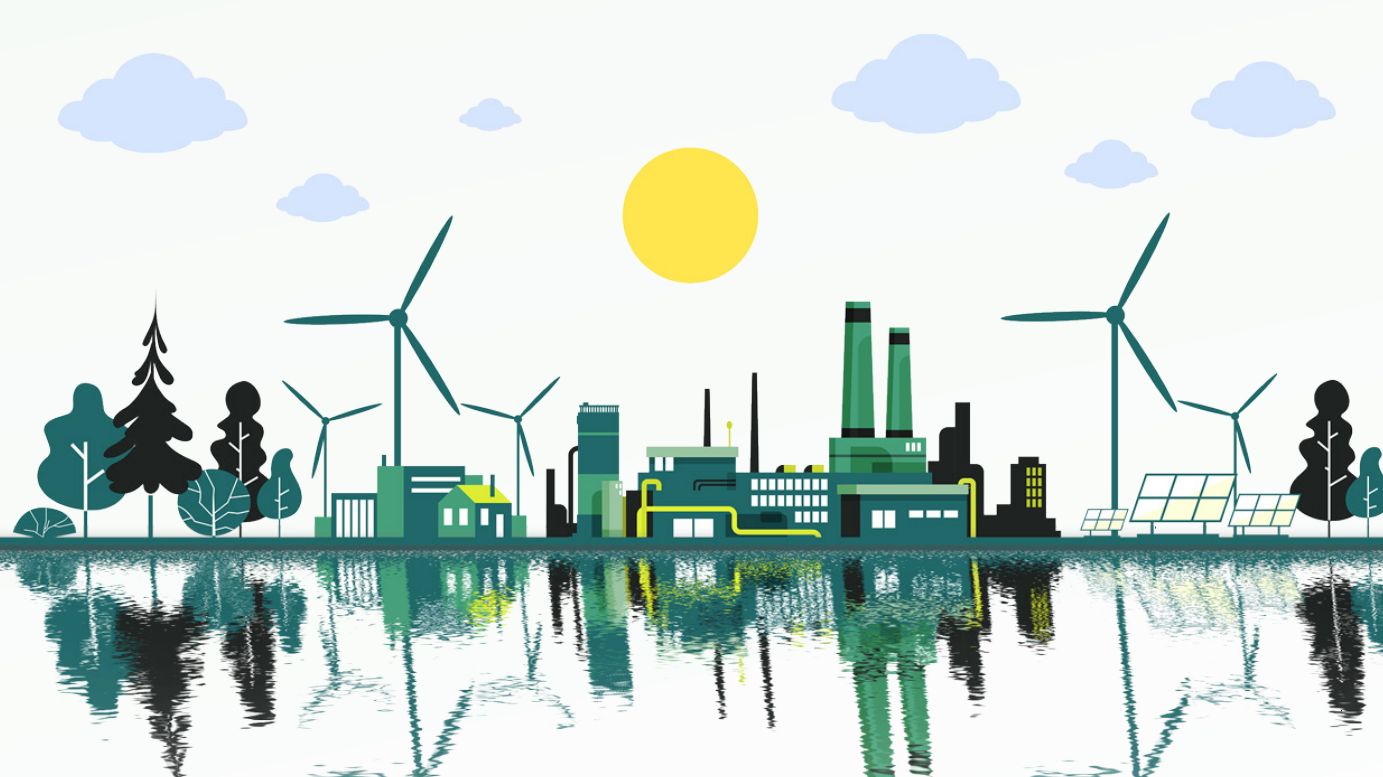Economic development within planetary boundaries: launch of three green industrial policy reports
22 February 2018

GENEVA, 22 February 2018 – Three new publications to inform policymakers, researchers and practitioners about the logic and theories behind green industrial policies and the instruments available are being launched today.
To mark the publication of this set of resources, the Partnership for Action on Green Economy (PAGE) and the Centre for International Environmental Studies are hosting a panel discussion about the role that green industrial policy can play in the transformation to greener and more sustainable economies. The event will convene leading experts, policymakers and academics and will draw on the insights from the three reports: Green Industrial Policy and Trade: A Toolbox, Practitioner's Guide to Strategic Green Industrial Policy, and Green Industrial Policy: Concept, Policies, Country Experiences.
Panellists will address the question of how to pursue economic development and wealth creation, while keeping resource consumption and pollution within planetary boundaries. Green industrial policy can be a powerful means for policymakers to enable and accelerate the structural transformation towards an economy that is low-carbon, efficient and clean in production but also inclusive by sharing benefits in an equitable manner.
The United Nations Industrial Development Organization (UNIDO) is a member of PAGE, and UNIDO’s representative in Geneva, Frank van Rompaey, is one of the panellists at the launch event. He said, “With the right green industrial policy in place, a country can diversify its productive capacity and is one step closer to achieving local and global development goals.”
Referring to the Practitioner's Guide to Strategic Green Industrial Policy, van Rompaey said, “The Guide offers a policymaker advice on how to go about involving all stakeholders -government ministries, private sector and civil society. It encourages the formulation of an agreed vision of green industrialization. The vision can include one or several of the following dimensions: pollution reduction; improvements in resource efficiency; promotion of renewable energy; environmental services, material recovery and recycling.”
The other panellists are Tilman Altenburg, Head of the Department of Sustainable Economic and Social Development, German Development Institute (DIE), Jorge E. Viñuales, Professor for Law and Environmental Policy, University of Cambridge, and Nozipho Joyce Mxakato-Diseko, Permanent Representative of South Africa to the United Nations Office at Geneva and other International Organizations in Switzerland.
PAGE brings together five UN agencies – UN Environment, International Labour Organization, UN Development Programme, UNIDO, and UN Institute for Training and Research – whose mandates, expertise and networks combined offer integrated and holistic support to countries on inclusive green economy, ensuring coherence and avoiding duplication.